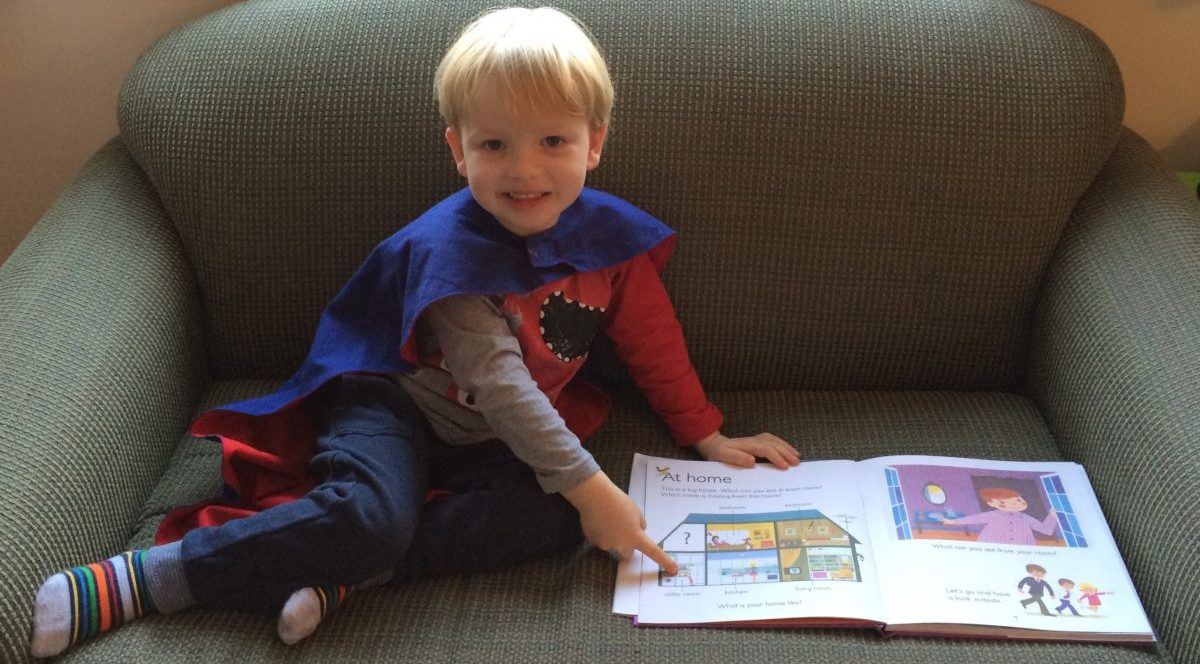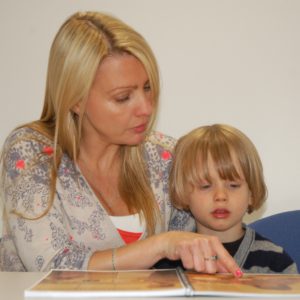We recently learned from Prof. Bruce Hood that there’s a new (free!) tool available for parents and researchers to create their own books: OurBoox.
Although there are several books on the site that you can browse, you can create a book and keep it private for friends and family as long as you do not click the “publish” button (just send them the link to view the book).
You can read more about the history of the site here or read more through this eBook.

